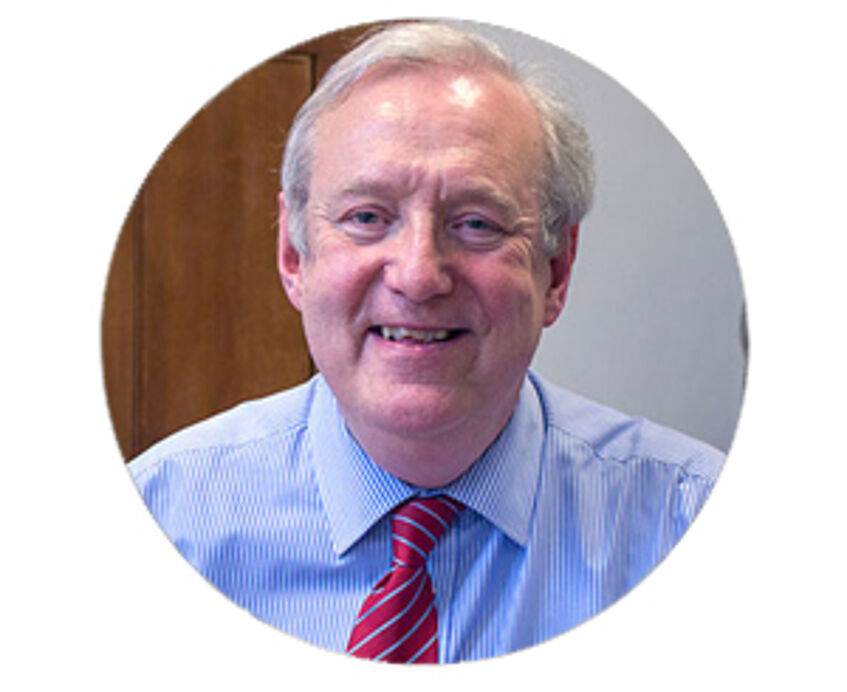
Paul Ayris
Dr Ayris is Pro-Vice-Provost (LCCOS – Library, Culture, Collections and Open Science) in UCL (University College London). He joined UCL in 1997.
Dr Ayris was the President of LIBER (Association of European Research Libraries) 2010-14. He was Chair of the LERU (League of European Research Universities) INFO Community for 10 years, ending in 2020. He has chaired a number of OAI Workshops – The Geneva Workshop on Innovations in Scholarly Communication, including OAI13 in 2023. He is a member of the UUK High-Level Strategy Group on E-Resource purchasing for the Jisc community. He has served two terms of office as a member of the President’s and Provost’s Senior Management Team in UCL. In 2015, Dr Ayris launched UCL Press as the UK’s first fully Open Access University Press and in 2020 both the UCL Office for Open Science & Scholarship and the UCL Research Institute for Collections.
Dr Ayris has a Ph.D. in Ecclesiastical History and publishes on English Reformation Studies. In 2019, he was made a Fellow of the Royal Historical Society.
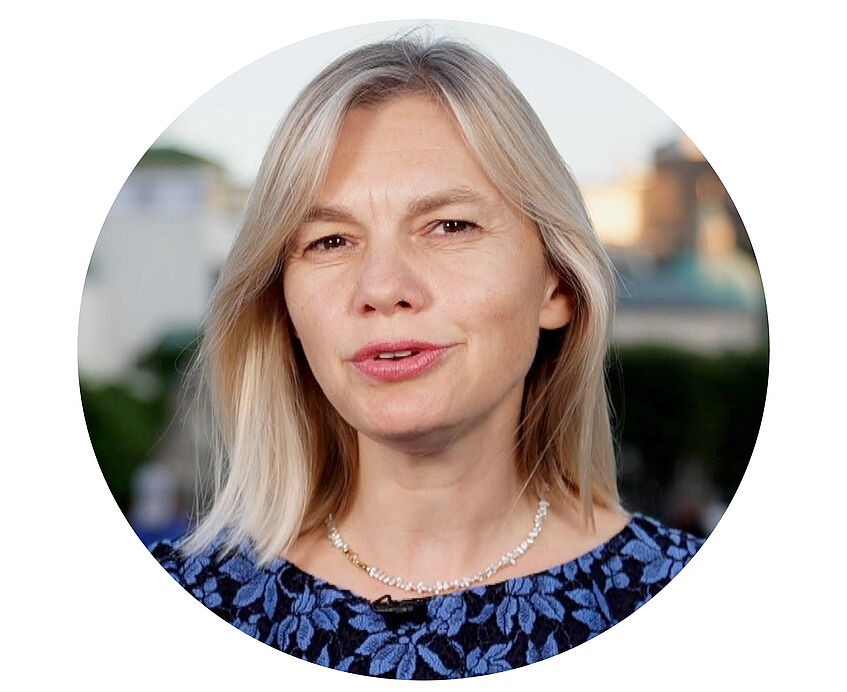
Bethany Bell
Based in Vienna, Bethany Bell has been a Foreign Correspondent for the BBC since 2001.
She has reported from more than 30 countries throughout Europe, the Middle East and in the United States. She was one of the first BBC reporters sent to Italy in February 2020 to cover the outbreak of COVID-19. She spent long periods in Egypt, covering the Tahrir uprising and its aftermath. In 2006, she was part of the BBC team that won an International Emmy Award for the coverage of the Israel-Lebanon conflict. She has followed the Iranian nuclear issue since 2003, and frequently reports on Austrian politics, history and culture.
She is the Senior Producer and Editor of the podcast “Awake at Night” which won Silver at the British Podcasting Awards 2019.
She has also moderated high-level panels and events for many organisations, including UNESCO, the Italian and Austrian Ministries of Foreign Affairs, the OSCE, the University of Oxford and the University of Vienna.
Before the BBC, Bethany was a Broadcast Journalist at ORF Radio Austria International and FM4.
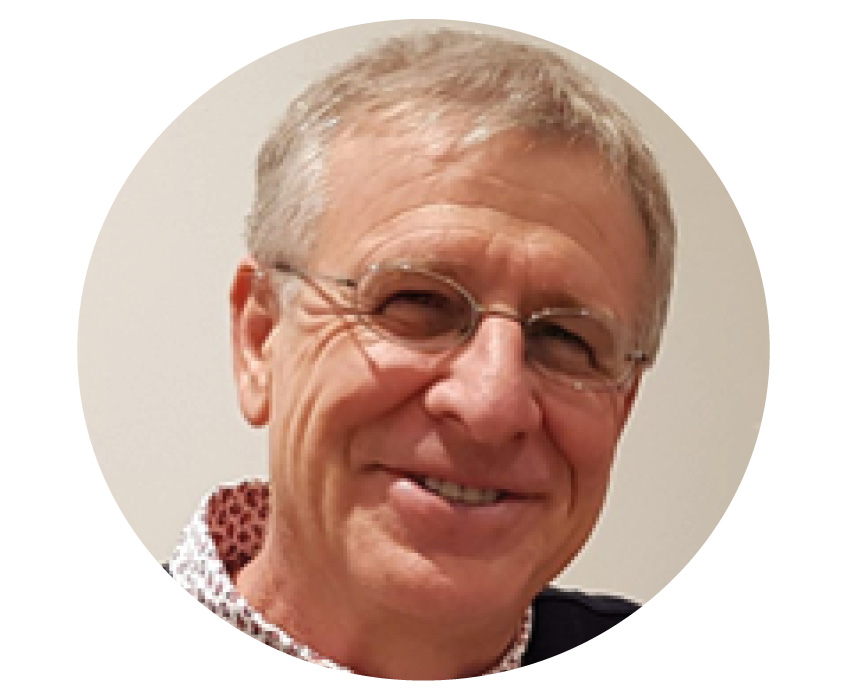
Paolo Budroni
Paolo Budroni holds a doctorate in Philosophy, Art History and Romance Philology (University of Vienna), having also completed his training in Foreign Trade (Vienna University of Economics and Management). He holds a postgraduate degree in European Integration for Public Administration.
Paolo Budroni has worked for the last 30 years in the field of research information systems.
Since September 2019, he is a staff member of the TU Wien Library and is responsible for international projects, focussing on the EOSC building processes in Austria and in Europe. He is also a member of staff at the University of Vienna (since 1991) and is currently on a long-term sabbatical leave at TU Wien.
He is Member of the European e-Infrastructure Reflection Group (e-IRG) and Member of the Scientific Advisory Board of CLARIN ERIC. From 2002 to 2004 he was professor of marketing at postgraduate level at Università degli Studi di Perugia (Scienze della Comunicazione). In 2022, he taught Data Management and Ethics at the University of Brescia, Italy.
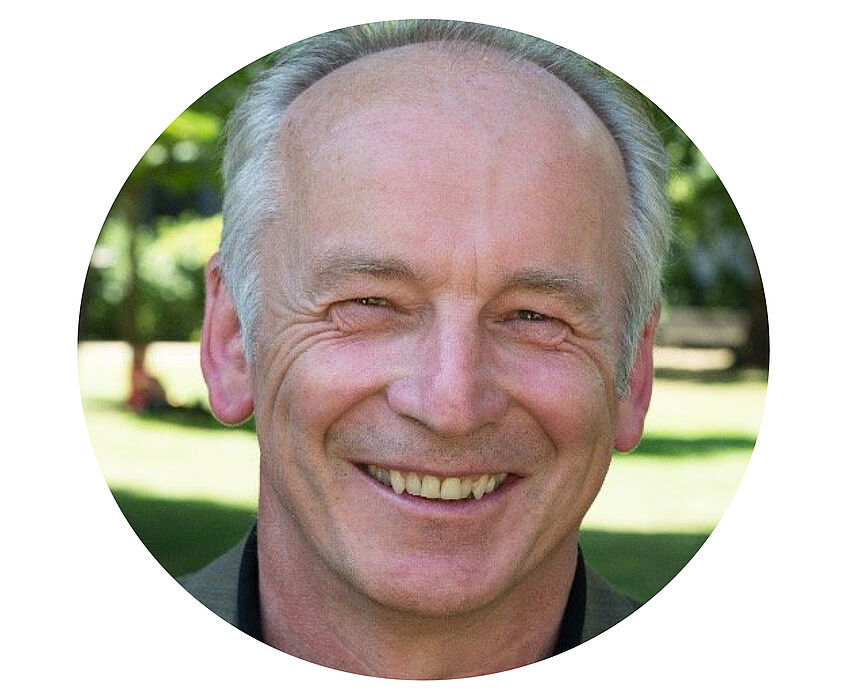
Jean-Claude Burgelman
Jean-Claude Burgelman is emeritus professor of Open Science at the Free University of Brussels. He retired on March 1st 2020 from the European Commission where he had been in charge, from 2014 onwards, of Open Science at DG RTD.
He and his team designed and developed the EC’s polices on open science, the European Open Science Cloud, open data and open access. He joined the European Commission in 1999 as a Visiting Scientist in the Joint Research Centre, where he was in charge of socio economic research on digital technologies. In January 2008, he moved to the Bureau of European Policy Advisers (attached to the president of the EC) and one year later joined DG RTD, where he created top level advisory boards like the European Research and Innovation Area Board, the Innovation for Growth Group and the European Forum for Forward Looking Activities. All these groups contributed to the design of the Framework programs for research and innovation of the European Union.
Till 2000 he was full professor of communication technology policy at the Free University of Brussels, as well as director of its Centre for Studies on Media, Information and Telecommunication and was involved in science and technology assessment. He has been visiting professor at the University of Antwerp, the European College of Brughes and the University of South Africa and sits on several academic journals. He chaired the World Economic Forum’s Global Agenda Council on Innovation and was a member of its Science Advisory Committee.
He recently joined the advisory board of Open Knowledge Maps, Scimagine and became the editor in chief of Frontiers Policy Lab. In 2022 he became the director of the Frontiers Planet Prize, a new prize to stimulate science that can save the planet.
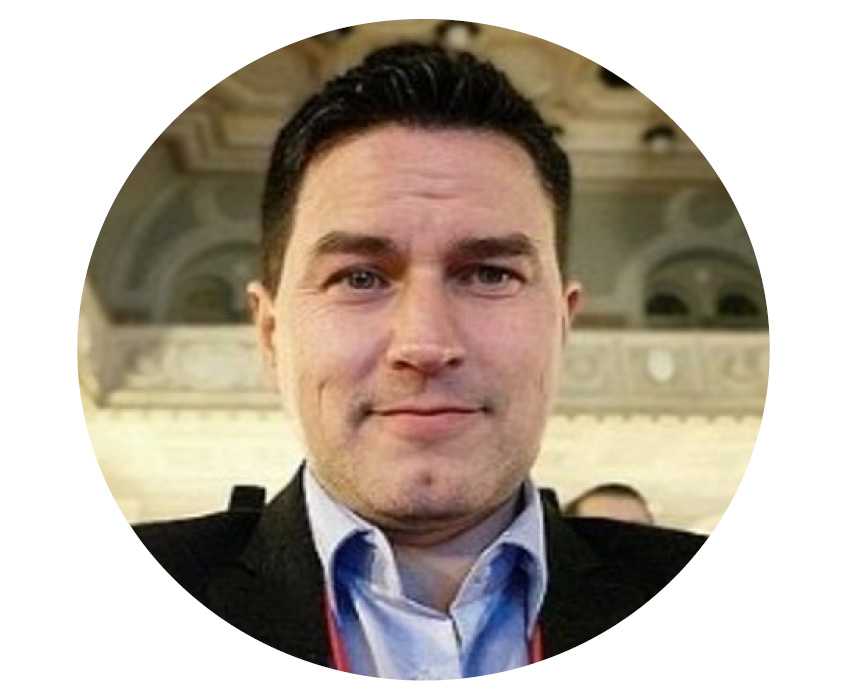
Draženko Celjak
Draženko Celjak is the head of Data management department at SRCE – University of Zagreb University Computing Centre.
He coordinates and leads the development of several national infrastructures and services for open science, including the national repository infrastructure DABAR and Portal of Croatian scientific and professional journals HRČAK. He actively participates in the activities of Croatian Open Science Cloud Initiative (HR-OOZ) as the co-chair of one task force.
His main focus is the development of the infrastructure for open science.
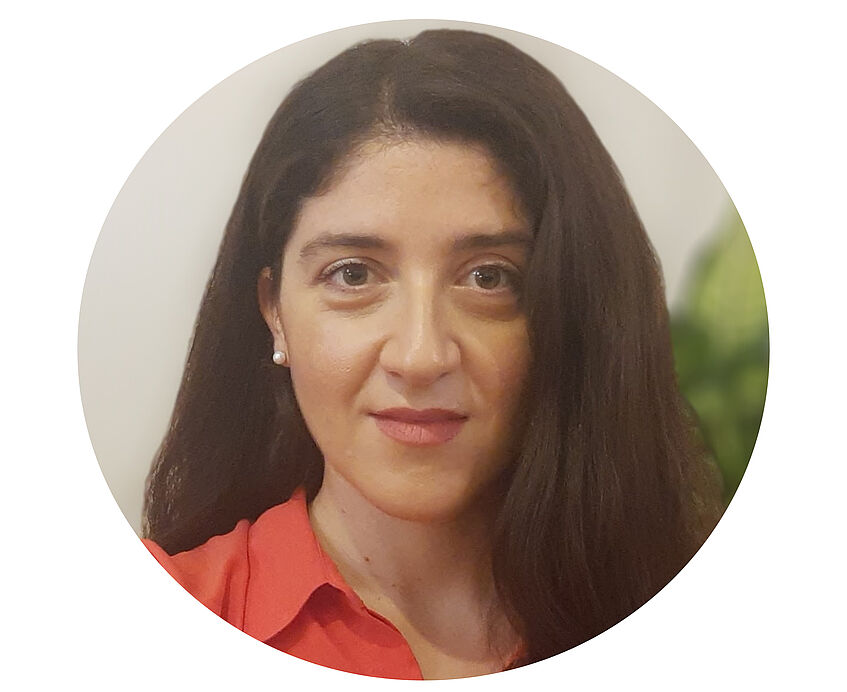
Charis Chatzikyriakou
Charis Chatzikyriakou (MSc) has been working as a Project Manager at EODC since 2019, where she has been responsible for the acquisition and implementation of EC (H2020 and DIGITAL), ESA, and national projects in the field of Earth observation data and services. Currently, she is the coordinator of the H2020 project C-SCALE, while participating in interTwin (Horizon Europe) and GREAT (DIGITAL) amongst others.
Charis holds a Master’s degree in Civil Engineering, and more specifically in Geosciences and Remote Sensing, from Delft University of Technology, NL.
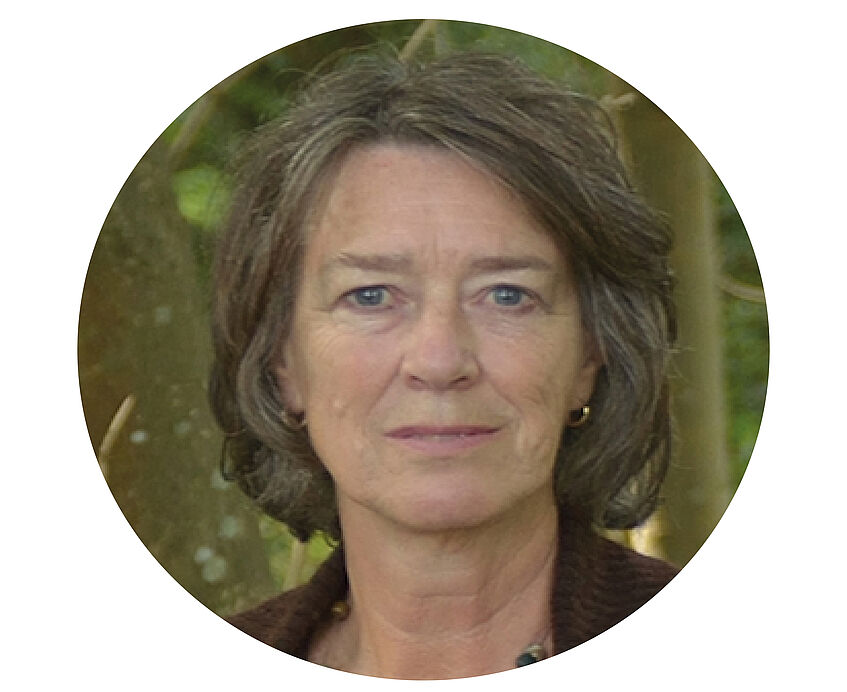
Franciska de Jong
Franciska de Jong is full professor of e-Research for the Humanities at Utrecht University, the Netherlands. From 2015-2022 she was the executive director of CLARIN ERIC, the research infrastructure for language resources. Since early 2023 she is engaged with CLARIN ERIC as senior advisor.
She was a full professor of language technology at the Computer Science department of University of Twente from 1992 -2022. From 2008 till 2016 she was a member of the Governing Board of the Netherlands Organization for Scientific Research (NWO). Currently she is a member the NWO Permanent Committee for Large-Scale Scientific Infrastructure (since 2018), the Raad voor de Nederlandse Taal en Letteren (since 2023), and the steering board of Open Science-NL (since 2023).
On behalf of SSHOC she is a member (as of Q2-2023 as chair) of the coordination group of the European science clusters. In Horizon Europe project EOSC Focus (2022-2025) she is leading the work package which focusses on the sustainability of the European Open Science Cloud.
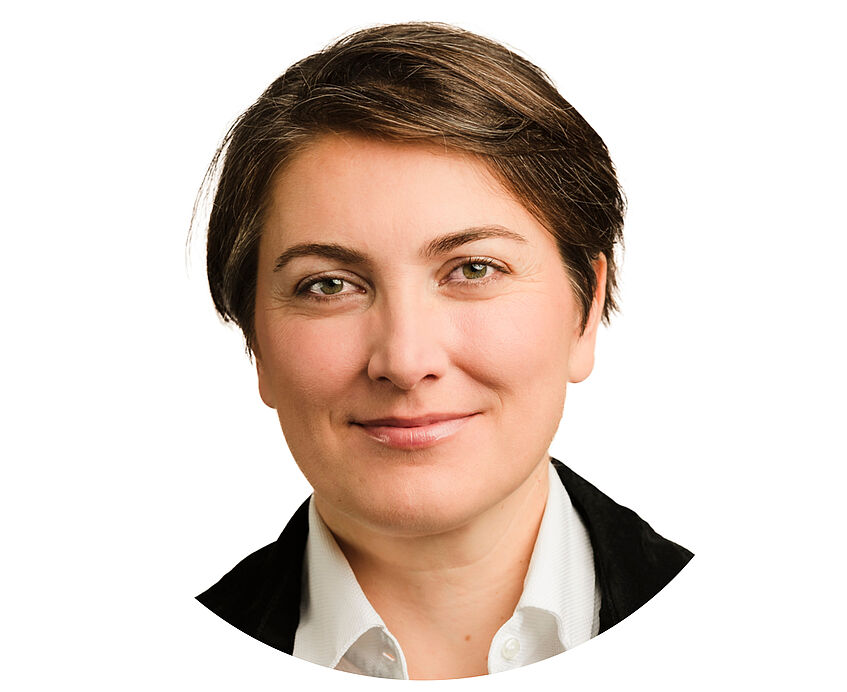
Tiziana Ferrari
Tiziana Ferrari is the Director of the EGI Foundation.
She holds experience in European science policy and governance, open science commons, international standards, service management in highly distributed federated data and compute infrastructures, and large scale project management.
Tiziana holds a PhD in Electronics and Data Communications Engineering from the Universita’ degli Studi in Bologna.
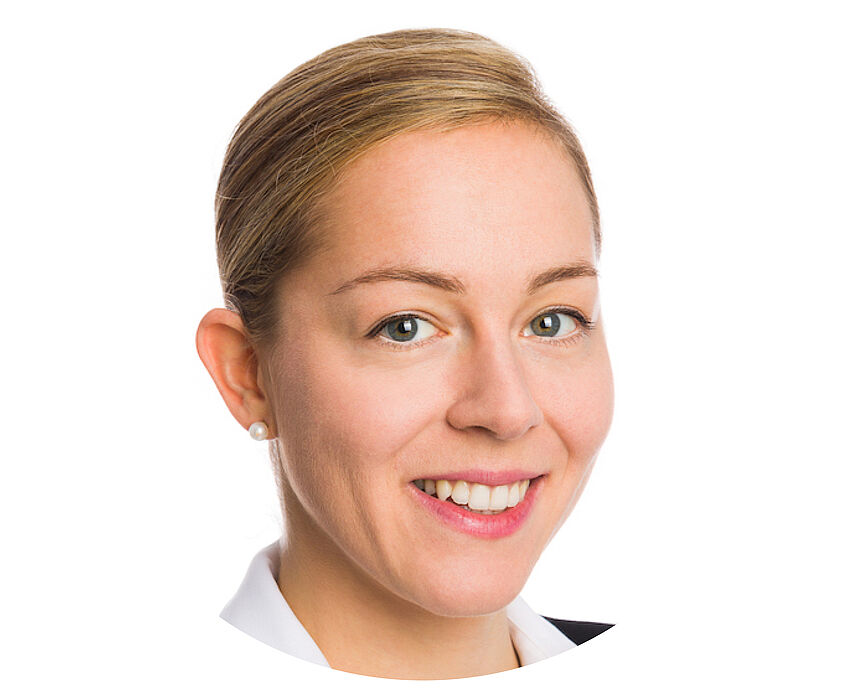
Anna Fill
Anna Fill, Dr.rer.soc, has been working as a scientific advisor at the Swiss State Secretariat for Education, Research and Innovation (SERI) in the unit of International Research and Innovation Programmes since 2019. In this role, she is responsible for the policy areas of the European Research Area (ERA), the European Strategy Forum on Research Infrastructures (ESFRI) and the European Open Science Cloud (EOSC).
Previously, Fill was a postdoctoral researcher at the Chair of Comparative and European Politics at the University of Bern. Fill holds a PhD in Political Science from the University of Bern, a Master in Political Economy from the London School of Economics and Political Science and a Bachelor in Political Science from the University of Vienna. During her doctoral studies, she completed a six-month research stay at the Government Department of Harvard University. Prior to her doctoral studies, Fill worked at the Austrian Federal Chancellery and at a political consulting firm.
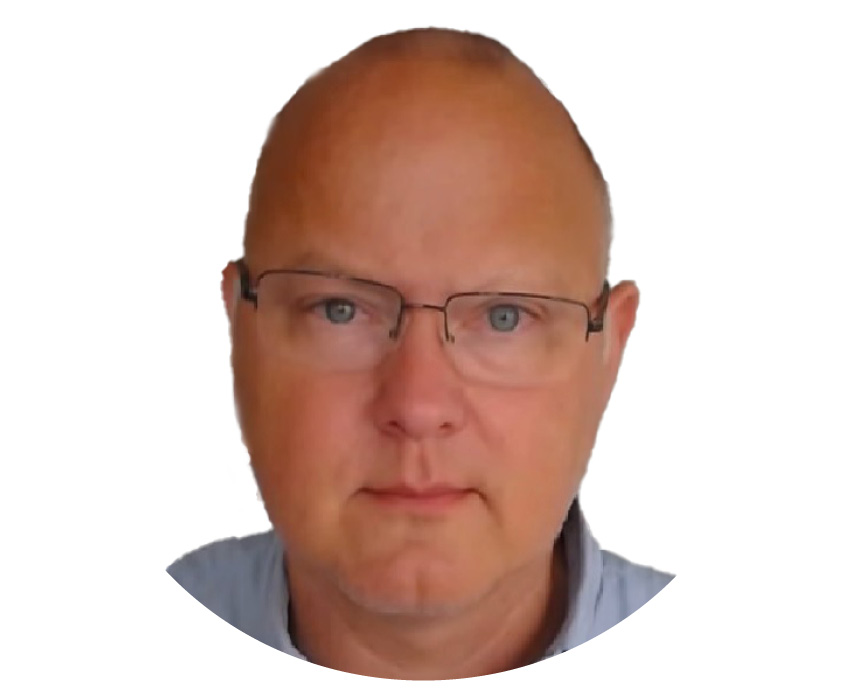
Stefan Hanslik
Stefan Hanslik, (*1972 in Vienna), Ph.D. in Biology/Genetics, works at the Austrian Federal Ministry of Education, Science and Research as Head of the Technical Science Unit.
Delegate
• Programme Committee Research Infrastructures
• Governing Board of the JU EuroHPC
• Chair e-IRG
• Programme Committee Euratom (‘Fission’ configuration),
• OECD-Working Party on Biotechnology
• Council of ESRF (European Synchrotron Radiation Facility)
• Austrian delegate of the EOSC Steering Board
• National Point of Reference on Access to and Preservation of Scientific Information
• Programme Committee -ERIC
Expert
• Strategic Configuration of the Horizon 2020 Programme Committee
• Member of the ERC-FET-MSCA Programme Committee.
NCP
• Joint Research Center JRC, The European Commission's science and knowledge service
Member
• OECD-Task Force on Innovation and Health (TFIH), Nanoinformationskommission
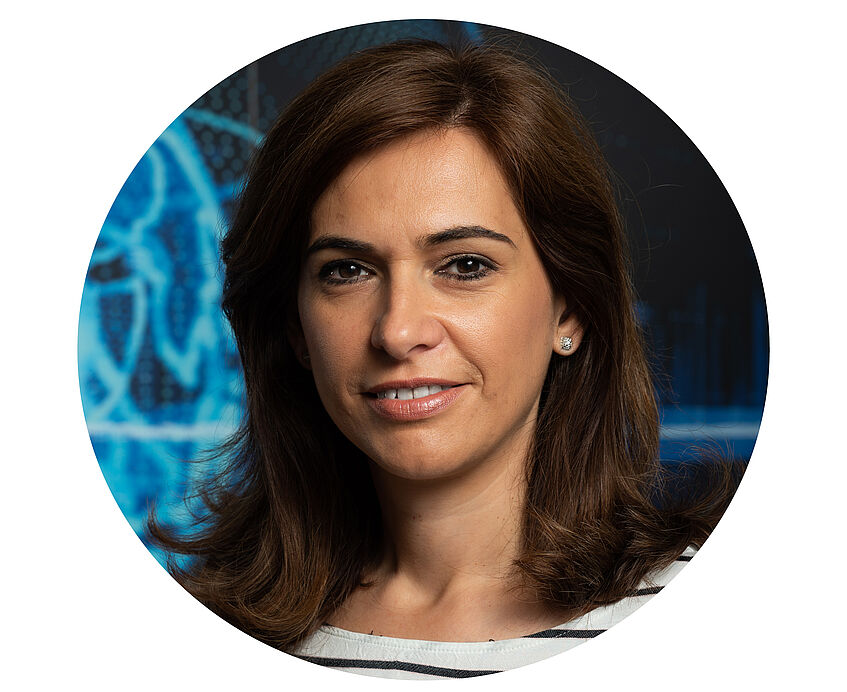
Ilire Hasani-Mavriqi
Ilire Hasani-Mavriqi leads the RDM team and the digitization of research at Graz University of Technology. She holds a PhD in Computer Science and has extensive experience in leading the development of collaborative and Open Science tools and services at institutional and national level.
She is coordinator of the BMBWF projects FAIR Data Austria and Shared RDM Services & Infrastructure, chair of the Management Board (2022) of the Austrian EOSC Mandated Organisation and co-chair of the EOSC-A Task Force Data Stewardship curricula and career paths.
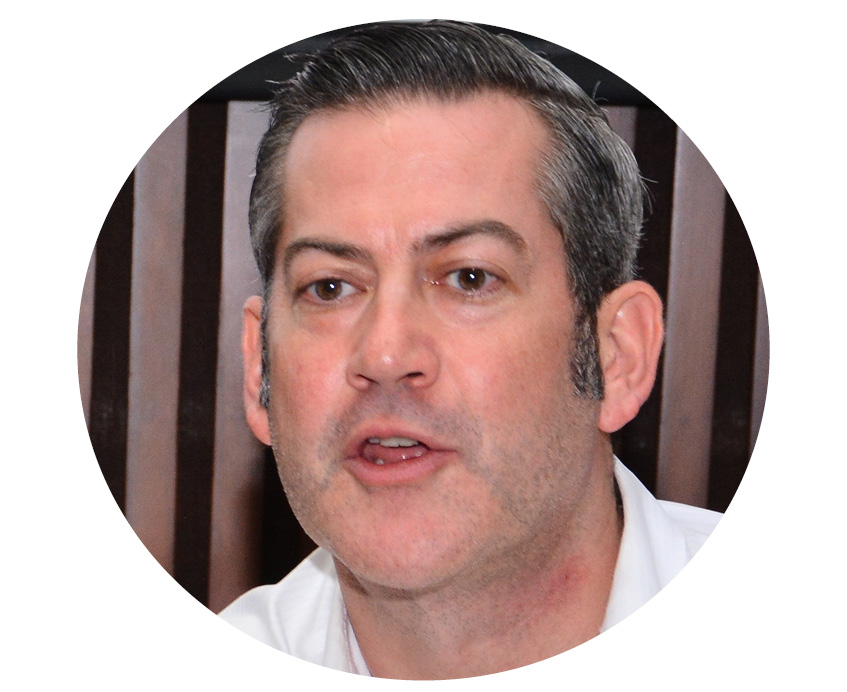
Simon Hodson
Simon Hodson has been Executive Director of CODATA since August 2013. He is an expert on data policy issues and research data management. He has contributed to influential reports on Current Best Practice for Research Data Management Policies and to the Science International Accord on Open Data in a Big Data World.
He chaired the European Commission’s Expert Group on FAIR Data which produced the report Turning FAIR into Reality. He was vice-chair of the UNESCO Open Science Advisory Committee, tasked with drafting the UNESCO Recommendation on Open Science.
Simon is also a member of the Data Documentation Initiative Scientific Board, a member of the EOSC Semantic Interoperability Task Force and the coordinator of the WorldFAIR Project.
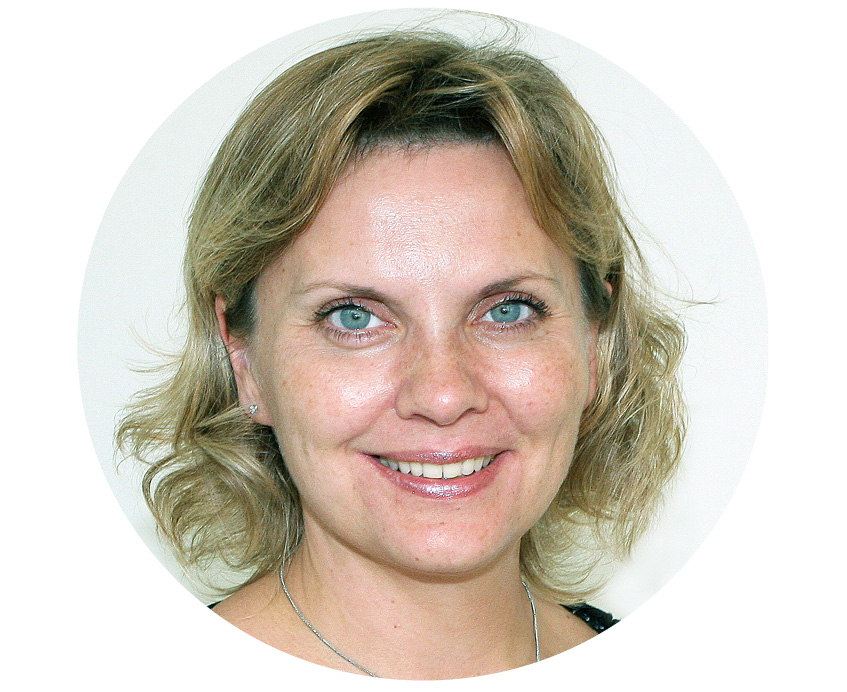
Elena Hoffert
Dr. Elena Hoffert holds a PhD degree in social sciences and humanities from the University of Dortmund, Germany, and European studies diploma from the French national school of administration (ENA).
Having started her professional career in science, Dr. Hoffert served several positions in research management and European relations at the University of Tubingen and at Centre National de la Recherche Scientifique (CNRS) before integrating the French ministry for higher education and research (MESR). At the department for research infrastructures, Direction General for Research and Innovation, Dr. Hoffert is coordinating the update of the national strategy on research infrastructures and the French contribution to the European roadmap on research infrastructures, thus working on research policies and strategies and funding of research infrastructures and international scientific organizations in France.
Elena Hoffert is French delegate to the European Strategy Forum on Research Infrastructures (ESFRI) as well as member of ESFRI executive board and ESFRI-EOSC task force. She represents France in Horizon Europe program committee on research infrastructures and in the ERIC (European Research Infrastructure Consortium) committee, and at international fora like GSO, mandated by G7 (Group of Senior Officials on research infrastructures) and GSF/OCDE.
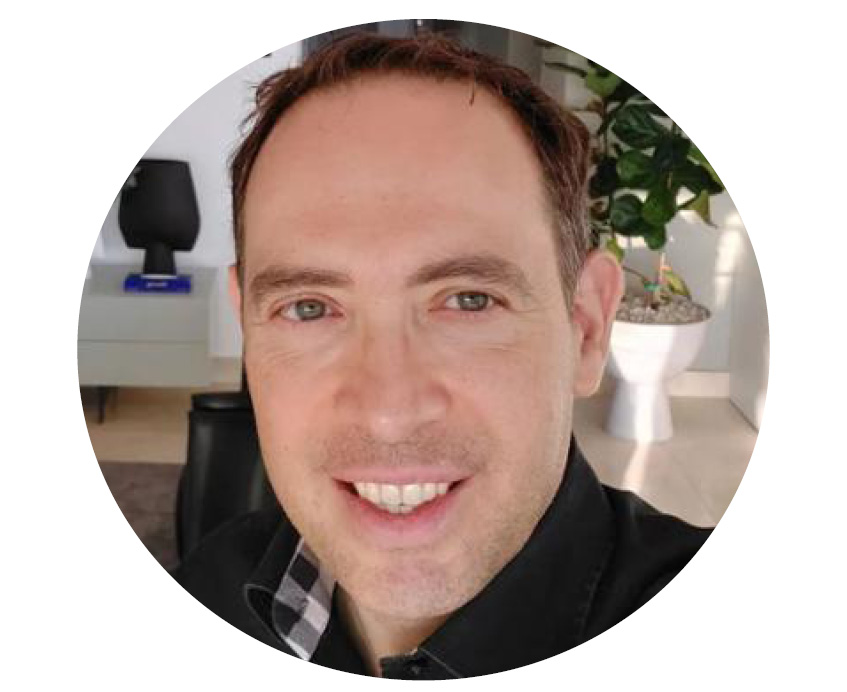
Fotis Karayannis
Dr. Fotis Karayannis is an international vendor with more than 25 years of experience in the ICT domain, focusing mainly on research infrastructures, and in particular on networking, computing and data electronic infrastructures (e-Infrastructures).
He received his PhD in 1998 in the fields of Integrated Communications and Management of Broadband Networks from National Technical University of Athens, Greece. He has worked for major commercial or research entities such as OTEPlus (ex-incumbent telecom operator consulting company), GRNET (GR) for 8 years, the IT department of CERN (CH) for 2 years, CESNET (CZ) for 2 years, Trust-IT Services for 2 years, Microsoft Research Cambridge (UK) and Microsoft Innovation Center Greece for 8 years, NWO (NL) for 5 years, ATHENA Research Center for 10 years, Athens University of Economics and Business (GR) for 3 years and the UKRI/STFC (UK) for 8 years.
He endeavoured entrepreneurial activities in the area of big data analytics and cloud computing brokerage as the founder and director of Uranus Computing Limited and shareholder of Innov-Acts Limited.
He authored the document "A Marketplace for e-Infrastructure services", which contributed to the definition of EOSC and its portal. He also acted as a member of the evaluation committee for the assessment of the EOSC first phase in June 2020. He is currently working for Innov-Acts and also the Athena Research Center.
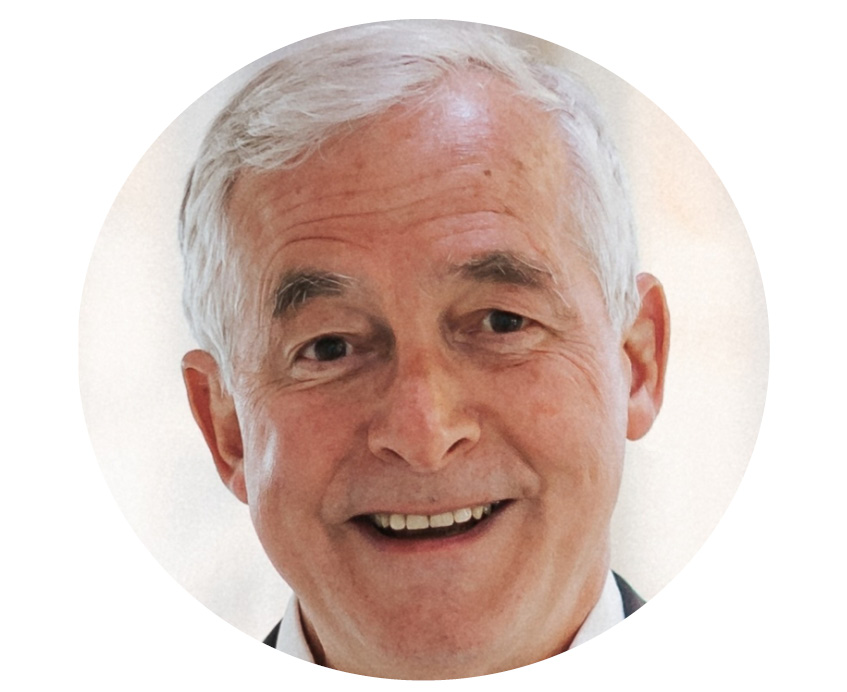
Karel Luyben
Karel Luyben is Rector Magnificus Emeritus of the Delft University of Technology as of 2018. He was Rector Magnificus of the Delft University of Technology from 2010 till 2018. Before that he served as Dean of the Faculty of Applied Sciences for almost 12 years.
In 1983 he was appointed full professor in Biochemical Engineering at the Delft University of Technology, and from there has gained experience in research, starting an SME, research leadership and leading European organisations like the European Federation of Biotechnology, CESAER and now the European Open Science Cloud Association.
Presently he is primarily active in the domain of Open Science. Until 2023 he was National Coordinator for Open Science in the Netherlands. He is Chairman of the Board of the Dutch Techcentre for Life Sciences, is involved with the Open Science Task Forces of CESAER and EUA and since 2020 he is the President of the European Open Science Cloud Association (EOSC-A).
Throughout his career, he has provided and continues to provide consultation services to research organisations, industries and governments in the areas of Technology and Strategy & Policy.
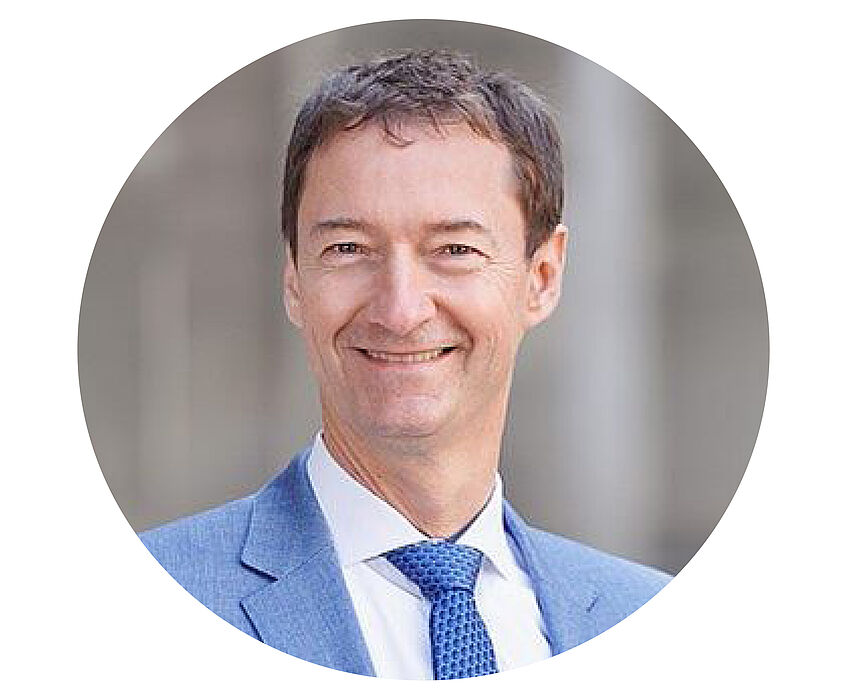
Ronald Maier
Ronald Maier has been Vice-Rector for Digitalisation and Knowledge Transfer at the University of Vienna since 1st of October 2019. He is Professor of Information Systems and was head of the Department of Information Systems, Production and Logistics Management at the Leopold-Franzens University of Innsbruck from 2008 to 2019.
Maier studied Business Informatics at the Johannes Kepler University of Linz and obtained his doctorate from the Otto Beisheim Graduate School of Management in Koblenz (WHU), Germany in 1996. Following a visiting professor position at the Terry College of Business, University of Georgia in Athens (US), he received his habilitation degree from the University of Regensburg in 2001. From 2002 until 2007, he held a chair in Management Information Systems at the Martin-Luther-University of Halle-Wittenberg, Germany.
Maier also works as editor, track chair and reviewer for, e.g., the Journal of Management Information Systems, IEEE Transactions on Learning Technologies and the Business Information Systems Engineering Journal.
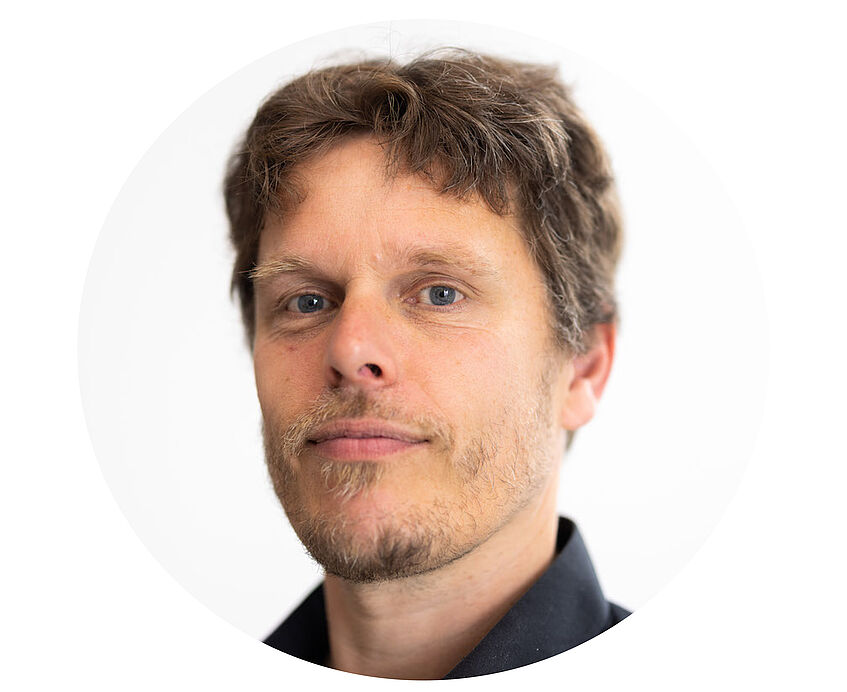
Jan Meijer
Jan Meijer is senior international strategy advisor for Sikt, the Norwegian Agency for Shared Services in Education and Research (www.sikt.no). Educated as a software engineer, he’s been an active contributor to collective European and global NREN service development and innovation for more than 25 years in a wide range of fields including cyber security, storage, Trust & Identity, eLearning and joint procurement in an EOSC context.
Jan is currently the co-chair of the EOSC-Association’s Financial Sustainability Task Force, a member of the GEANT Project Planning Committee, the Norwegian delegate in the e-IRG and represents Sikt in the EOSC Association. He also chairs the boards of the FileSender open source effort, a widely deployed large file transfer service and SimpleSAMLphp, a widely used open source authentication infrastructure software.
LinkedIn: linkedin.com/in/janmeijernorway
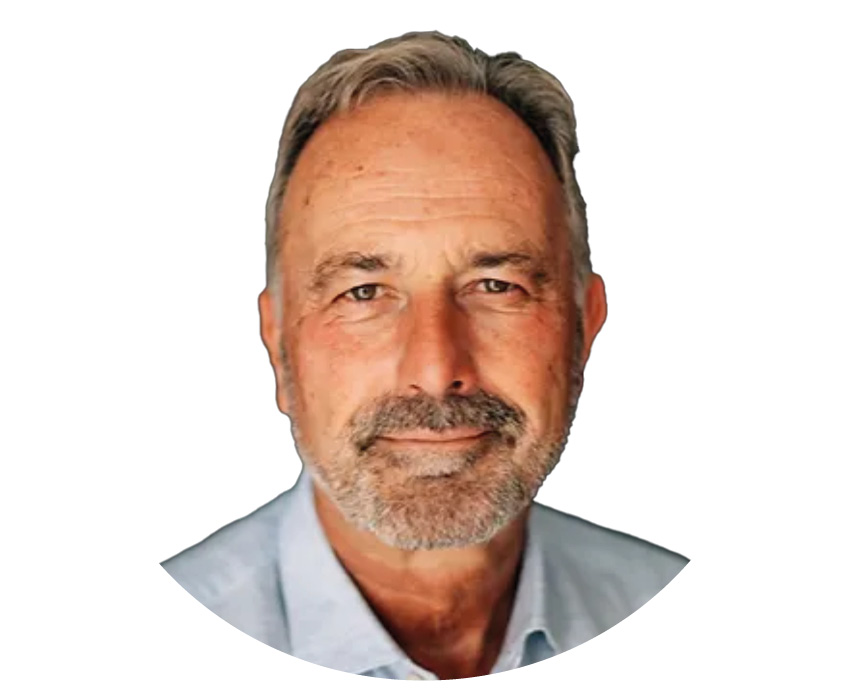
Barend Mons
Barend Mons (born 1957, The Hague) is a molecular biologist by training and a leading FAIR data specialist.
The first decade of his scientific career he spent on fundamental research on malaria parasites and later on translational research for malaria vaccines. In the year 2000 he switched to advanced data stewardship and (biological) systems analytics. He is currently a professor in Leiden and most known for innovations in scholarly collaboration, especially nanopublications, knowledge graph based discovery and most recently the FAIR data initiative and GO FAIR.
Since 2012 he is Professor in biosemantics in the Department of Human Genetics at the Leiden University Medical Center (LUMC) and since May 2022 also at the Leiden Academic Centre for Drug Research (LACDR) in The Netherlands. In 2015 Barend was appointed chair of the High Level Expert Group on the European Open Science Cloud. In 2017 Barend started the International Support and Coordination office of the GO FAIR initiative.
He is also the elected president of CODATA, the standing committee on research data related issues of the International Science Council. Since 2021, Barend is the Scientific Director of the GO FAIR Foundation. Barend is a member of the Netherlands Academy of Technology and Innovation (ACTI). He is also the European representative in the Board on research Data and Information (BRDI) of the National Academies of Science, Engineering and Medicine in the USA.
Barend is a frequent keynote speaker about FAIR and open science around the world, and participates in various scientific advisory boards of international research projects.
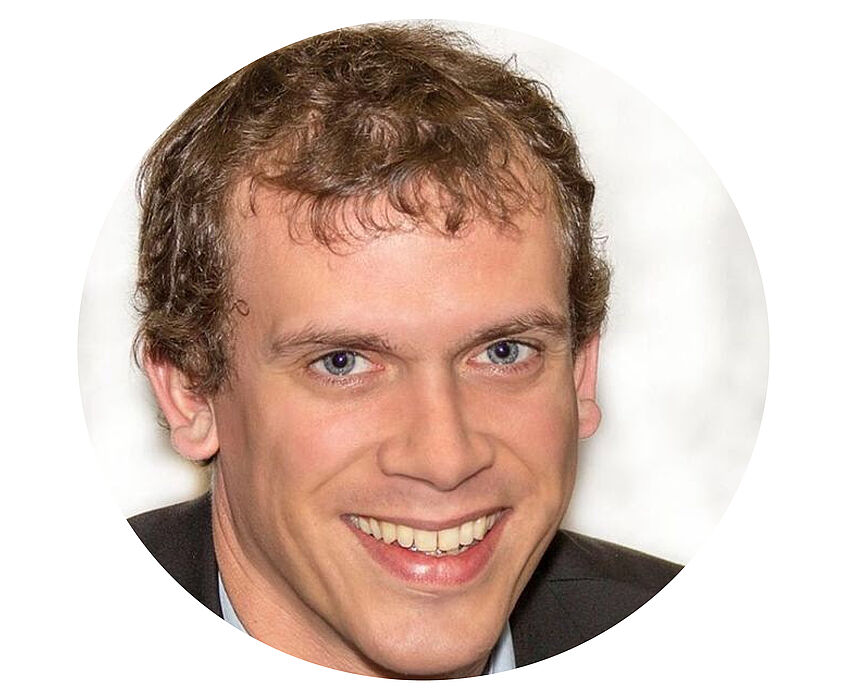
Wouter Schallier
Wouter Schallier is Chief of the Hernán Santa Cruz Library and Web Services of UN/ECLAC (United Nations Economic Commission for Latin America and the Caribbean), in Santiago de Chile.
He has a Master's degree in "Linguistics and Literature: Latin and Greek", a Diploma in "Medieval Studies" and a Master’s in "Information and Library Sciences". Schallier started his professional career at K.U.Leuven University, Belgium, first as coordinator of several innovation projects and 3 years later as Director of the Library of Medicine and Pharmacy.
Between 2008 and 2012, Schallier was Executive Director of LIBER (Association of European Research Libraries), in The Hague, The Netherlands. In this position he secured funding from the European Commission for 7 projects in the following areas: Europeana digital library, access to scientific information resources, open access, digital preservation, and research data management.
As Chief of the Hernán Santa Cruz (ECLAC) Library, Schallier introduced a strategy to radically modernize the services and products of the Library. In 2014, the Hernán Santa Cruz Library launched the ECLAC Digital Repository, which provides open access to all publications of the Regional Commission, from 1948 until now. After an ambitious renovation project, the new physical spaces of the Hernán Santa Cruz Library were inaugurated in 2016.
Between 2015 and 2017, Schallier led the Latin American and Caribbean work packages of the LEARN project on Research Data Management, financed by the European Commission. The main objective of this project was to support the implementation of data management policies in research institutions in Latin America and the Caribbean. Since early 2021, he has also been in charge of ECLAC's Web Services Unit with the aim of implementing a comprehensive knowledge management strategy.
Wouter Schallier publishes and regularly presents talks on the following topics: Open Access, Open Science, access to information, innovation and scholarly communication.
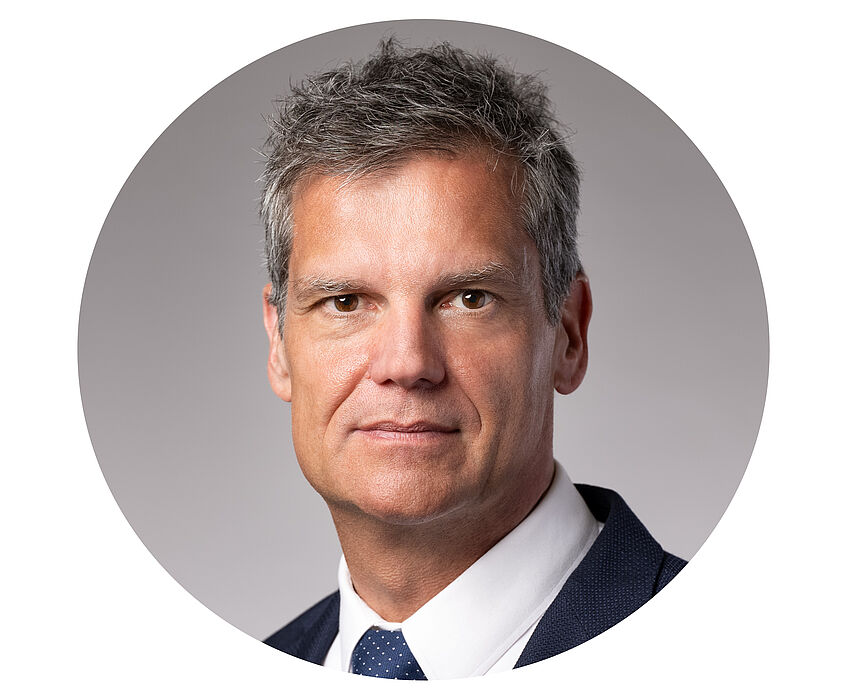
Jens Schneider
Prof. Dr.-Ing. Jens Schneider has been the new rector of TU Wien since 01.10.2023. His professional expertise, teaching and research is related to structural engineering with a special focus on glass structures, bridge dynamics and holistic energy systems for the built environment.
Before his affiliation with TU Wien, he was Vice President for International Affairs and Innovation at TU Darmstadt in Germany. In this context he coordinated the European University Alliance Unite! and recently successfully supported for the proposal of TU Wien‘s European University Alliance EULiST. Together with his new rector’s team the even stronger implementation of the European idea and values in TU Wien are of great importance for him.
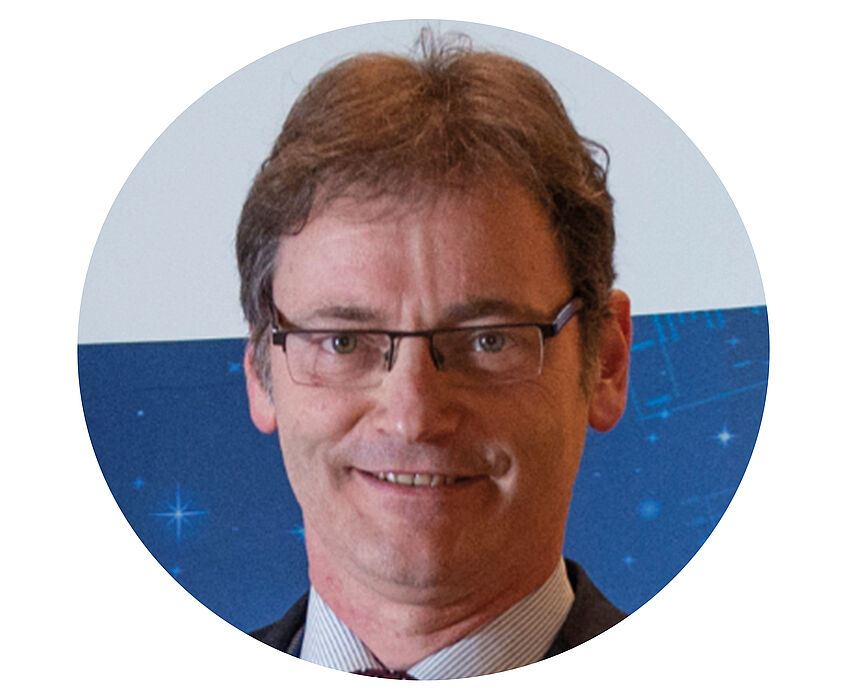
Michel Schouppe
Dr. Michel Schouppe is Senior Expert at the European Commission and team leader on the European Open Science Cloud (EOSC) in the Unit responsible for Open Science and Research Infrastructures in the Directorate-General for Research and Innovation (DG R&I).
Geologist by training, he got a Doctoral degree in Sciences from the University of Louvain (UCL) in Belgium and a post-graduate diploma in remote sensing. He joined the European Commission 25 years ago. His current field of work relates to the implementation Open Science policies and FAIR data management in Europe.
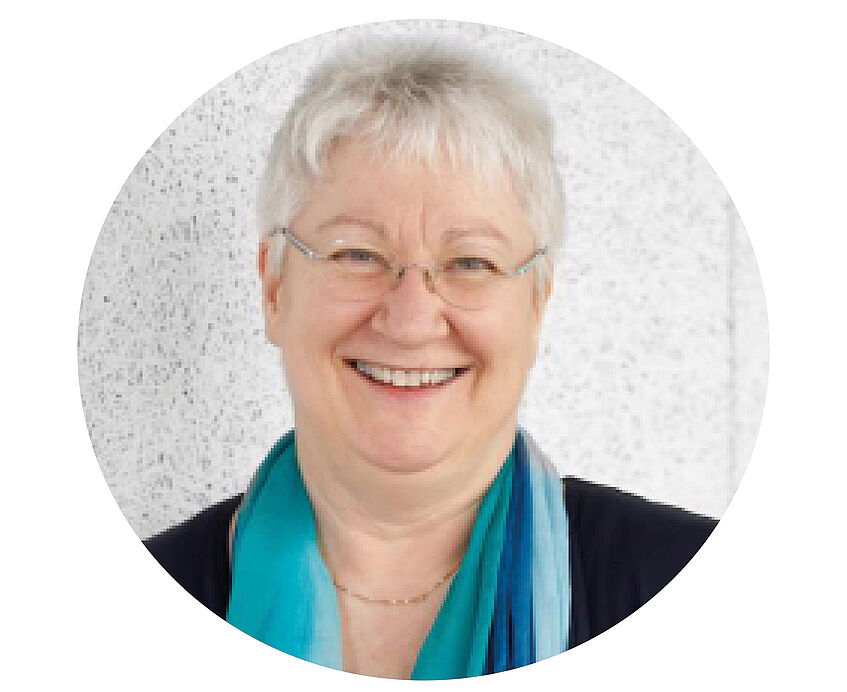
Maria Seissl
Maria Seissl studied English and American Studies, Linguistics and German as a Foreign Language at the University of Innsbruck. She started her carreer as a librarian at the University and State Library Tirol. From 1996 to 1999, she headed the Subject Library German Studies in Innsbruck.
In 2000, Seissl relocated to the Vienna University Library and became Deputy Head Librarian. She became Head Librarian in 2005.
Seissl has been active for many years as part of the committe of the Associaton of Austrian Librarians ("VÖB - Vereinigung Österreichischer Bibliothekarinnen und Bibliothekare"). Amongst other functions in the association, whe was Vice President from 2002-2013 as well as 2017-2019. During the 65th general assembly in 2021, Seissl was elected President of the association.
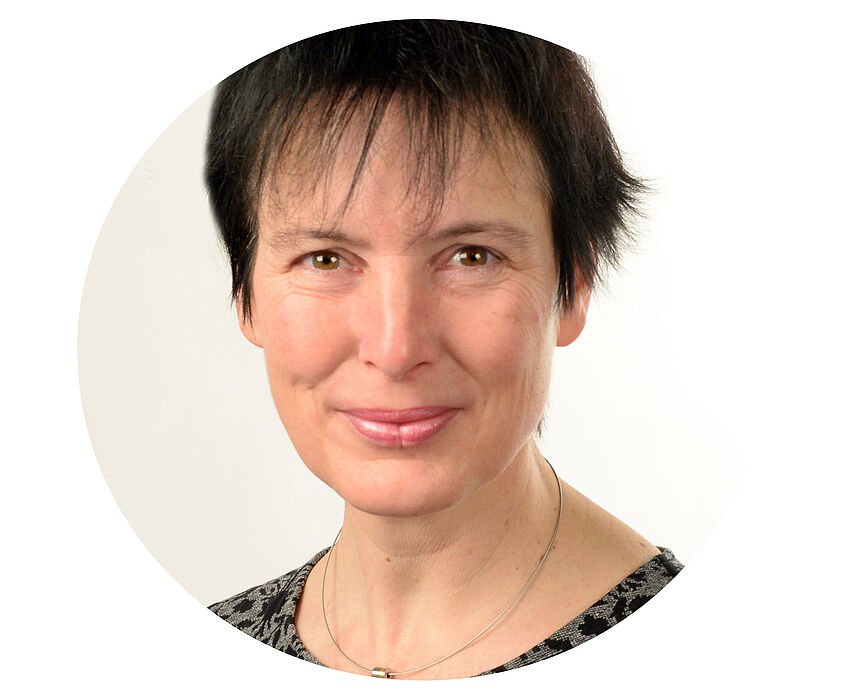
Katrin Vohland
Dr. Katrin Vohland is Director General of the Naturhistorisches Museum Wien (NHM Vienna), Austria. Before, she was head of the Research Programme "Museum and Society" at the Museum für Naturkunde Berlin (MfN), Germany.
She is an expert in Biodiversity Research and Biodiversity Science - Policy Interface as well as in Citizen Science, being co-founder of the European Citizen Science Association (ECSA). She developed an Open Science Strategy for the NHMW and is co-speaker of the Steering Committee EOSC SOA.
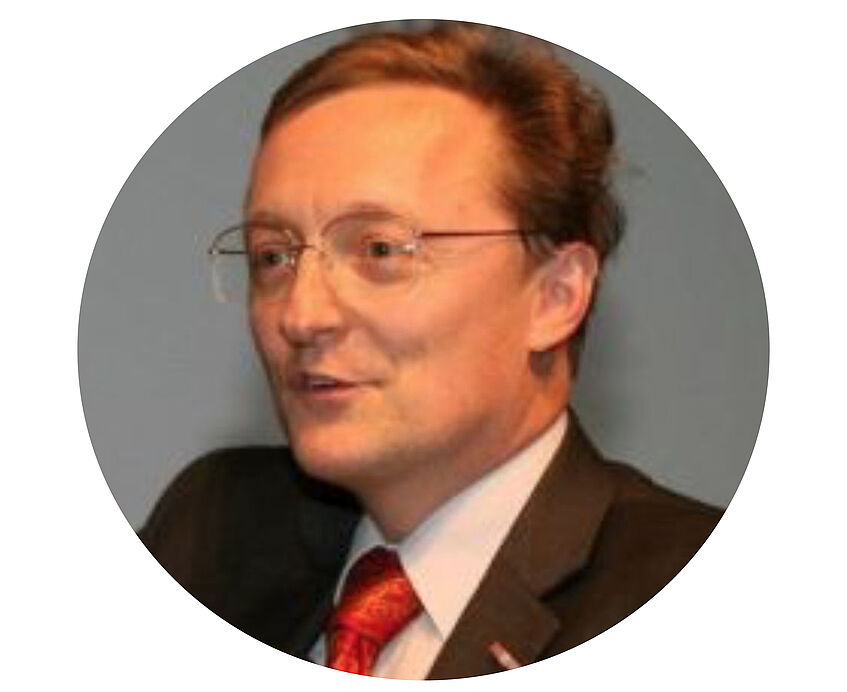
Daniel Weselka
Dr. Daniel Weselka hat Physik an der Universität Wien studiert und auch in diesem Fach promoviert. Seit 1992 ist er im Dienst der Republik Österreich.
Zwischen 2003 und 2006 leitete er das Referat „Technische Wissenschaften“ im BM für Bildung, Wissenschaft und Kunst. Seit 2006 ist er Leiter der Abteilung „Natur- und Formalwissenschaften, Technik“ im BM für Wissenschaft und Forschung (BMWF), nunmehr „Grundlagenforschung (MINT) und Forschungsinfrastrukturen“ im BM für Bildung, Wissenschaft und Forschung (BMBWF).
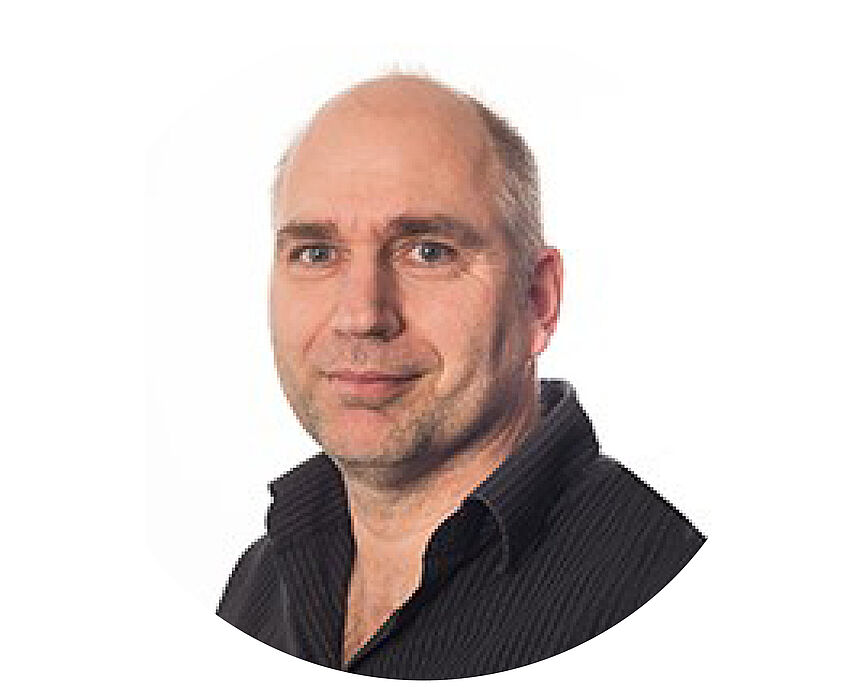
Klaas Wierenga
Klaas is Chief Information & Technology Officer, responsible for GÉANT's Trust & Identity, Security, Cloud, Product Management, Software Development and IT teams.
Klaas has an extensive background in innovation management, with an emphasis on identity, mobility and security. Before joining GÉANT, Klaas was a senior consulting engineer and identity architect at respectively Cisco Systems' Research and Advanced Development group and Cloud Infrastructure Services group. Before that, Klaas was an innovation manager and manager of Middleware services at SURFnet, the Netherlands NREN. There, Klaas built the first generation of federated identity systems at SURFnet and was the creator of the eduroam service for WiFi roaming in research and education.
Klaas is technical coordinator of the EOSC Future project.
In 2012 Klaas was the recipient of the first GÉANT (then TERENA) Community Award for creating eduroam. Klaas served as chair of the GÉANT Task Force on Mobility for more than 10 years, as chair of the IETF Abfab working group, as a member of the IETF Security Directorate and as a TNC programme committee member and chair.
Klaas is (co-)author of 'Building the Mobile Internet' (Cisco Press, 2011) and 'Wireless Networking in the Developing World' (2013), as well as three RFCs. He also holds five US patents.
In September 2019 Klaas was inducted into the Internet Hall of Fame in recognition for his invention of eduroam - the global Research and Education WiFi roaming service.
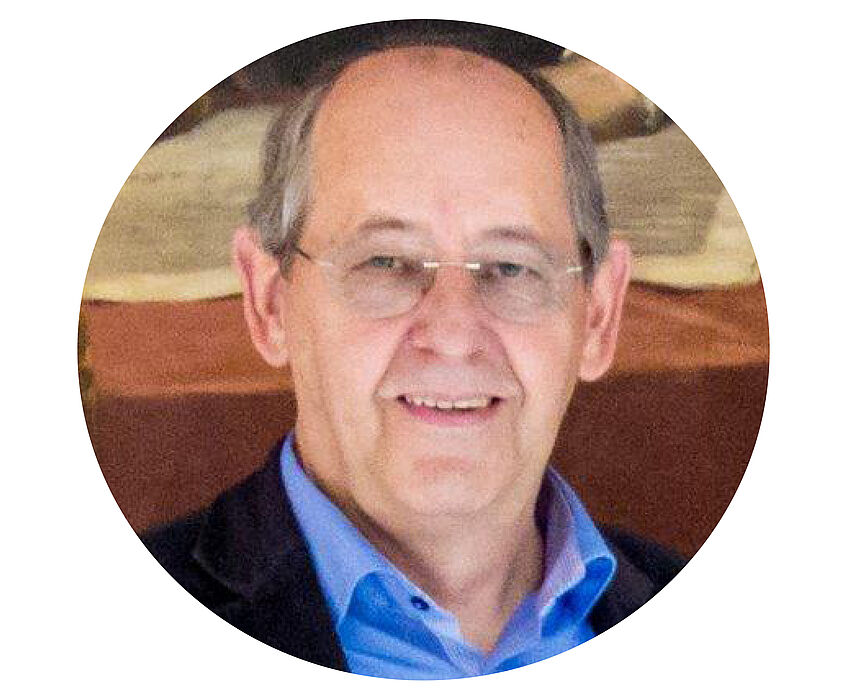
Peter Wittenburg
Peter Wittenburg was responsible for methodology and technology at the Max Planck Institute for Psycholinguistics which did data-driven research from its start in 1976. In 1988 he was appointed as member of the IT Council of the Max Planck Society.
In 2000 his group got into large scale data management due to the DOBES project, where non-reproducible material about endangered languages and cultures had to be stored persistently and safe, accessible and reusable resulting in almost FAIR strategies. In 2009 he was then one of the leading experts starting the CLARIN ESFRI project which became an ERIC in 2012. As part of the group responsible for writing the Riding the Wave report he was active in co-founding the Research Data Alliance where he was working out the Digital Object concept and in co-leading the cross-disciplinary EUDAT project.
In 2014 he joined the DONA Foundation as board-member, was involved in writing the FAIR principles and then brought together the FAIR and the DO community in 2019. This resulted in the FAIR Digital Object Forum and the specification of the FAIR Digital Objects.
